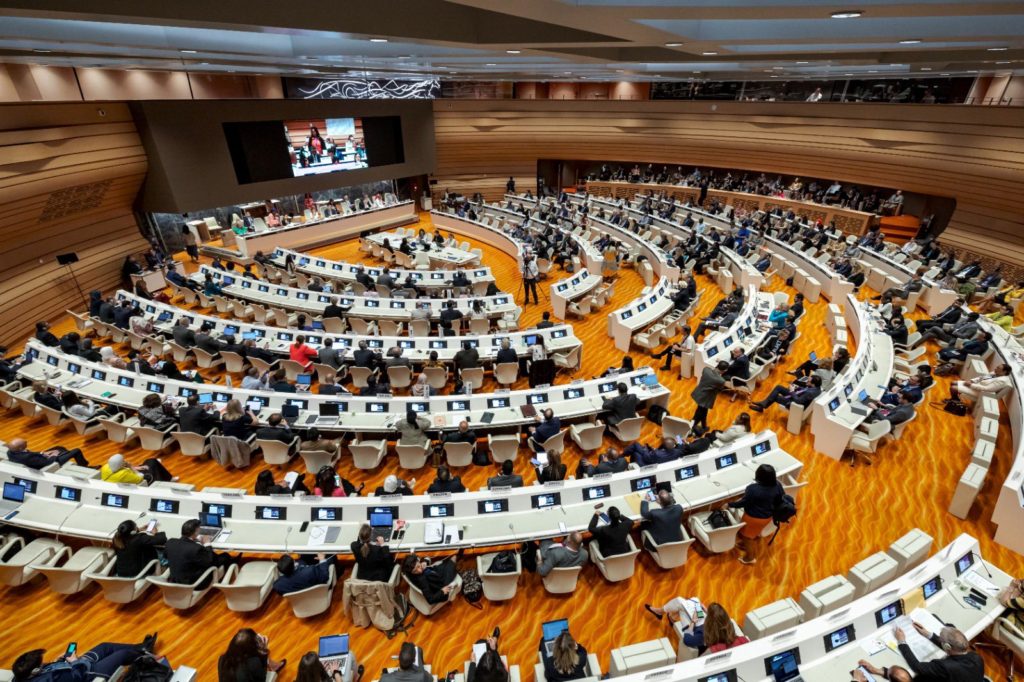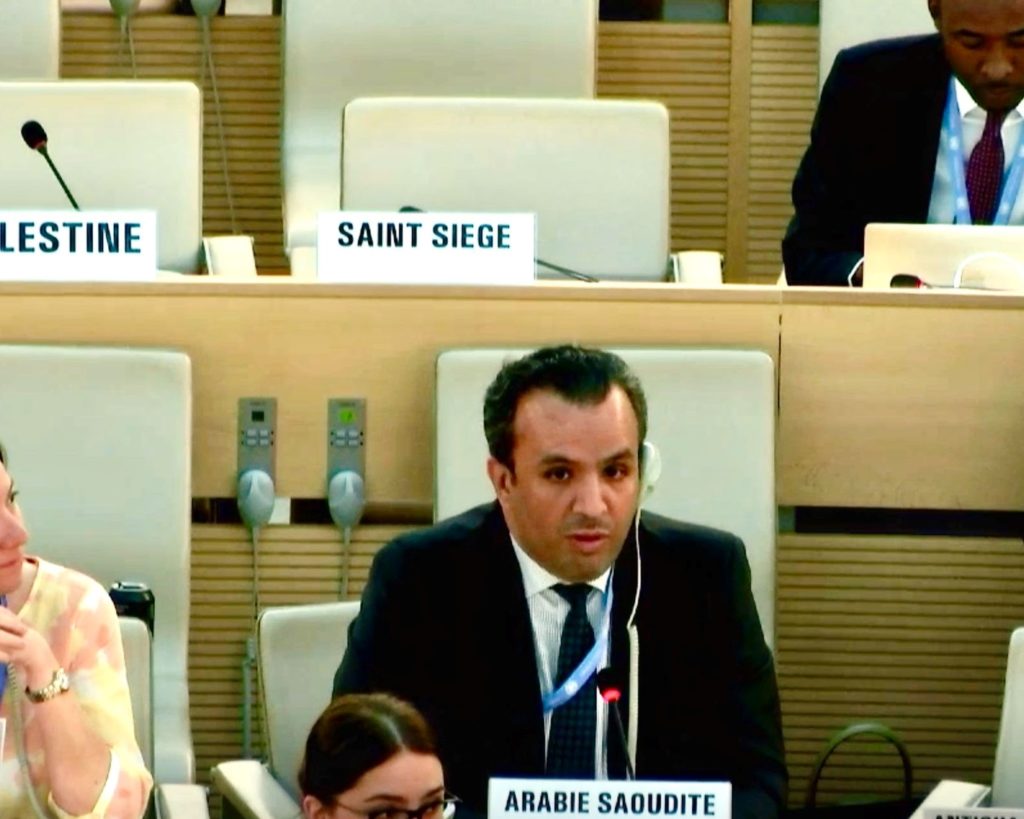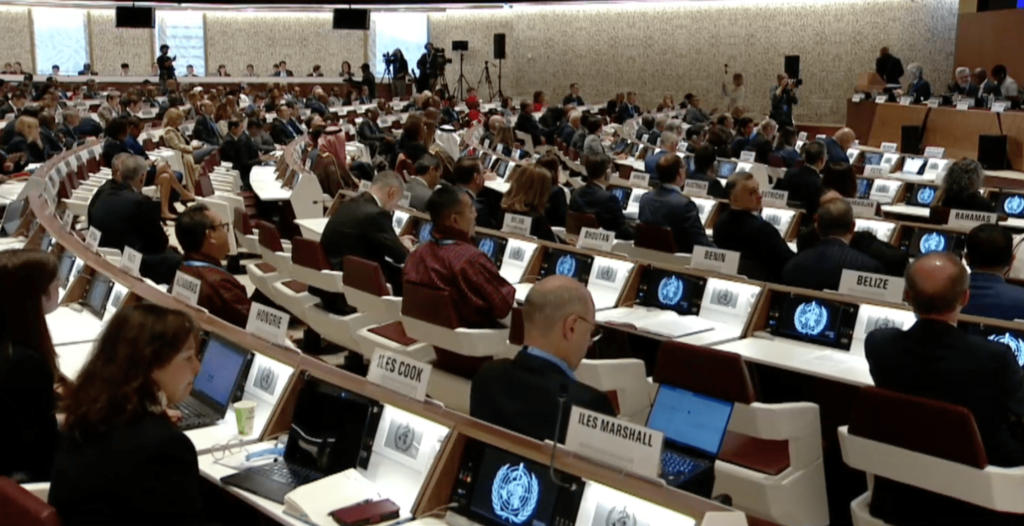
GENEVA – Conservative countries have objected to the use of the terms “gender sensitive” and “promoting gender mainstreaming” in behind-the-scenes negotiations on several resolutions at the World Health Assembly (WHA), according to various sources.
There has also been opposition in some instances to the use of the words “gender equality” and “sexual”, alongside long-standing opposition to using the word “rights” when referring to sexual and reproductive health.
References to “gender” have already been removed from a proposed World Health Organization pandemic agreement, and at least five other resolutions have been stalled by the objectives of conservative member states, including Russia, Egypt, Iran and Nigeria.
These include resolutions on mental health, emergency preparedness, health economics, climate and social inclusion.
In the case of the health economy resolution, Nigeria initially opposed the use of both “gender equality” and “promoting gender mainstreaming,” one source said.
Another source told Health Policy Watch that Russia even wants to remove the word “sexual” from the standard term “sexual and reproductive health.”
For example, in the climate and health resolutions, there was deadlock over the use of “gender-sensitive” policies, likely because conservatives believe this would lead to engagement with LGBTQ groups but have never made clear their opposition. Countries ultimately agreed to mention “gender equality.”
The challenge to this particular language is new: all UN member states, including Russia, unanimously agreed to global Sustainable Development Goal (SDG) language that mentions sexual health and gender.
Those close to the talks stressed the importance of “halting the rollback” of established conditions and rights for women and other groups in the face of a relentless campaign.
Experts call for protection of sexual and reproductive health spaces
A few days ago, 43 of the world's leading experts on sexual and reproductive health and rights (SRHR) at the United Nations, in an article published by Health Policy Watch, called on the WHA to protect the hard-won progress in this area.
Experts serving on various UN committees said progress on SRHR is “essential for human rights and dignity, national economies, sustainable development and a healthier planet”.
They added that SRHR includes “services necessary to prevent unwanted pregnancy, unsafe childbirth, and avoidable sexual or reproductive disease, injury or disability,” but its scope is much broader.
“Key priorities include the active enjoyment of consensual sexual intimacy and pleasure, building mutually respectful and loving relationships, and affirming individuals and families in all their diversity,” they added.
“Sexual and reproductive health and rights can only be respected if they are free from coercion, discrimination and violence, and if their emotional, mental and social dimensions are also respected.”
A repeat of 2022?

Two years ago, the entire World Health Assembly (WHA) was postponed for several days due to disagreements related to the global strategy on HIV, Hepatitis B and sexually transmitted diseases, primarily over sexual health terminology and target demographics for HIV treatment.
While this language is standard in HIV treatment and care, the representative of Saudi Arabia, speaking on behalf of WHO's 22-Member State Eastern Mediterranean Region (EMRO), took issue with the terms “sexuality,” “sexual orientation” and “sexual rights.”
He also opposed the designation of “gay men” as targets for HIV treatment.
The WHO operates by consensus, but the strategy was ultimately put to a vote late on the final day of the extended WHA meeting and passed narrowly with many absentees.
Fighting the health infodemic and supporting health policy reporting in the Global South. Our growing network of journalists in Africa, Asia, Geneva and New York connects local realities with bigger global debates with evidence-based, open-access news and analysis. To donate as an individual or organisation, click here via PayPal.



